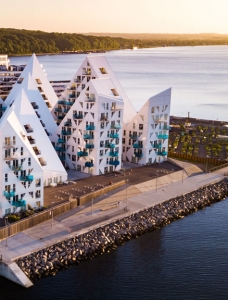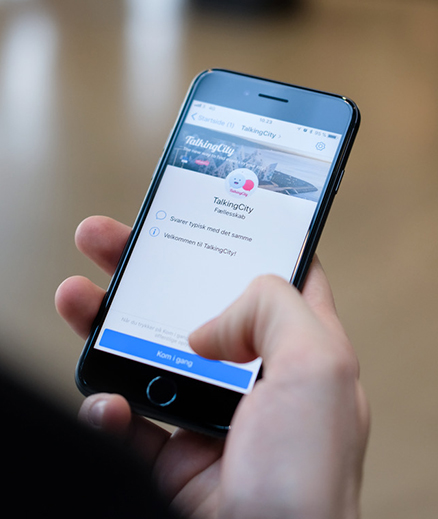




Here at U-Hopper, we have gone quite crazy about chatbots lately. For those of you who do not share the hype, chatbots are software programs that, by leveraging artificial intelligence tools and techniques, are able to chat with humans, typically by answering simple questions.
At the moment, there is a large variety of chatbots out there, from the really intelligent ones to some other ones that are barely more than a joke (actually, around 90% of them all ARE just a joke). For us at U-Hopper chatbots are a cool tech enabling a new way for users to interact with digital information and knowledge.
Just to provide a silly example, if you want to know the weather forecasts for tomorrow you can use a purposeful app (that you need first to install, then maybe requires you to register etc.etc.), or browse to one of the zillions of weather websites (of course this means opening a browser, typing in the URL or searching for it in the favourites, then add your location etc.) or – and this is our pick – just send a message ‘weather tomorrow’ (or something alike) and get an instant reply. You may still ask why the hell people should send a WhatsApp/Messenger to a weather service instead of going to a website, but, well, in some situations and _for some population cohorts messaging is actually much more appealing to any alternative._for

Among the various chatbot projects we have carried out, an outstanding one was with the city of Aarhus . Aarhus is a lively city in the northern part of Denmark. Hosting approx. 340k inhabitants, it is a vibrant cultural center, as epitomised by being European Capital of Culture for 2017 . Aarhus is full of events, ranging from jazz concerts to arts exhibits, from repertory cinemas all the way to local gigs, from literature festivals to avant-garde theatre productions, all this spread over a growing number of venues, including landmarks such as Aros and the iconic Dokk-1 . And Aarhus citizens have quite a hard time in keeping track with what is going out in town. The good point is that folks at Aarhus municipality are doing a great job at keeping track of events and making them available as Open Data . The problem is, therefore, accessibility of said information. And here is where we (U-Hopper) kicked in.

We developed a chatbot (called TalkingCity), enabling Aarhus citizens to easily access information on events going on in town. The TalkingCity messenger chatbot , while in beta, attracted quite some attention by the local citizens, totalling almost 6,000 messages exchanged over few weeks. Not bad for a beta version! One interesting element of this project was the adoption of a pretty radical co-design approach. We partnered with a Aarhus-based design agency, Anorak , who run for us a lot of co-design activities with local citizens. The aim was to make sure that what we were developing was in line with their expectations and was able to address an actual need. And along the way, we learnt some interesting (and unexpected) lessons.
Lesson learnt #1: Users are lazy! – It turned out that people actually prefer to get suggestions rather than searching for events. And most of them would be actually happy to receive notifications about meaningful events.
Lesson learnt #2: Users still do not know how to interact with bots – The idea of having a machine responding in a chat is confusing to most users: even if they know it is a bot, they expect it to behave like a person. And for most people, TalkingCity was actually the first experience of ‘talking to a machine’.
Lesson learnt #3: Focus is key, do one thing right! – It takes time for users to fully understand how to interact with a chatbot, so better keep it focused and make sure it does only one thing. Generic chatbots, able to answer whatever question, do confuse people and definitely not the way to go.
Want to know how we used these three lessons learnt in the design and development of the TalkingCity chatbot? Or want to understand how much it would take to implement something similar in your city? Just drop us a line and we will come back to you as soon as possible!
Note: the development of the TalkingCity chatbot was partially supported by the EC within the framework of the H2020 Organicity project – contract #645198.